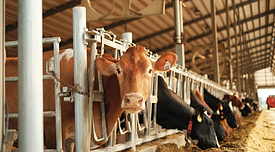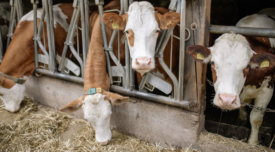Contamination Control
BIZTRACKS
FDA, bioMérieux Partner to Improve Foodborne Pathogen Detection
February 29, 2024
Never miss the latest news and trends driving the food safety industry
eNewsletter | Website | eMagazine
JOIN TODAY!Copyright ©2024. All Rights Reserved BNP Media.
Design, CMS, Hosting & Web Development :: ePublishing





.png?height=168&t=1657568786&width=275)




